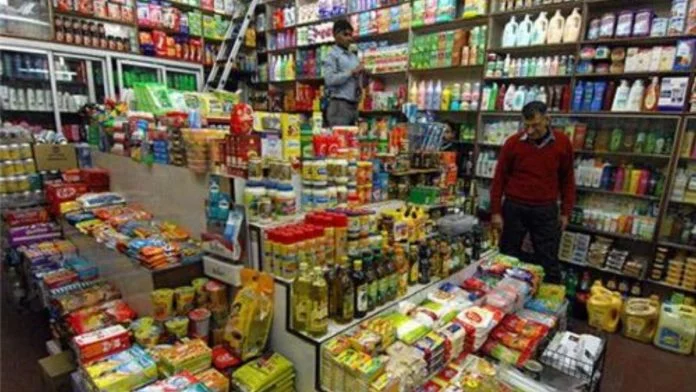The consumer goods firms, like Parle, Dabur, and Tata Consumer said that rural demand for daily essentials and food is improving. However, cities are still facing issues due to food inflation, which has slowed overall growth in the September quarter.
Kharif crop, good rain helps in rural recovery- Director, Tata Consumer
While talking to Economic Times, Sunil D’Souza, managing director of Tata Consumer, recently told investors that while rural demand “is recovering from where it was…urban (demand) has softened.” He added, “I think a good monsoon and, therefore, the kharif crop is only going to help in the rural recovery, but it is still not at the stage where it gives us a double-digit volume growth, and a penetration growth, etc.”
Continue Exploring: Tata Consumer’s ready-to-drink business falls 11%, lowers price due to Campa Cola
Two quarters ago, FMCG sales growth in villages exceeded that of cities for the first time in nearly three years, helped by a lower base and price cuts. Since then, rural growth has stayed steady, but urban demand has seen a notable decline. A Prabhudas Lilladher report said urban demand is mixed, with stress on mass and economy segments due to high food inflation. It added, “Normal monsoons and expected reduction in food inflation holds the key to higher demand growth in the second half of the year.”
Village at 5.8% higher than cities 4.6% growth – NielsenIQ data
Meanwhile, Prices of most essential commodities stayed stable in the last quarter ended September, but tea and coffee prices rose by 19% and 35% year-on-year. Wheat and copra prices also increased by 10% and 31%. According to NielsenIQ data from July-August, village growth was 5.8%, higher than cities’ 4.6% growth in the first two months of the quarter.
“Growth is largely driven by rural consumers now while urban is under stress, especially after the emergence of new-age channels such as quick commerce which has put pressure on general trade,” said Krishnarao Buddha, senior category head at Parle Products.
In its earnings update, Dabur said it limited supplies to general trade in September due to high inventory levels, as organised channels like quick commerce showed “disproportionately higher growth” in recent quarters.
Continue Exploring: Zepto sells more than 1 Lakh Dandiya sticks during Navratri festivities
Zomato and Swiggy Instamart See Continued Growth in Quick Commerce
With more Indian consumers making unplanned, low-to-moderate value purchases, there’s a growing demand for instant delivery from services like Zepto, Swiggy Instamart, and Zomato’s Blinkit. Quick commerce, mostly an urban trend, is also affecting modern trade. Avenue Supermart noted the impact of online grocery formats like D’Mart Ready in big city stores in their latest earnings statement.
Furthermore, Bizom, which monitors kirana store orders, reported that rural and semi-urban demand grew by 14.5% in the September quarter, compared to 11.5% growth in urban areas.
Vishesh Dora, chief of staff at Bizom, noted that quick commerce is impacting the stocking of packaged food, dairy, and commodities, but festive stocking has slightly offset this. “Within urban, only larger format kirana stores are growing while rural is being driven by distribution expansion by companies,” he said.
Analysts added that rains and floods have also affected out-of-home consumption, especially for beverages like juices and tea.



